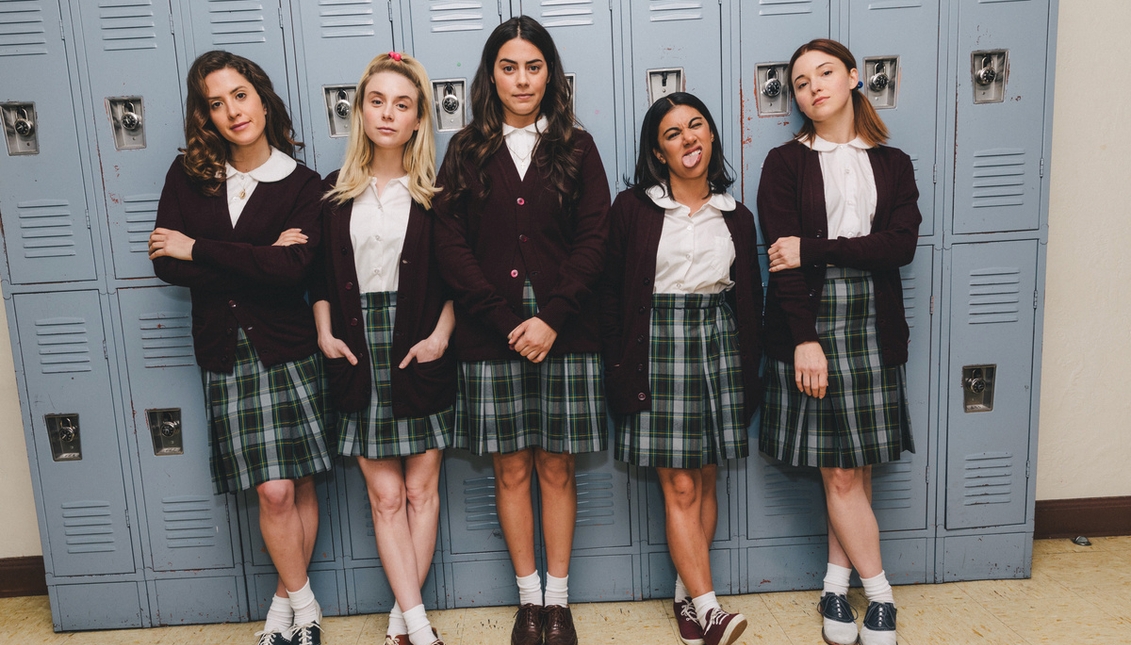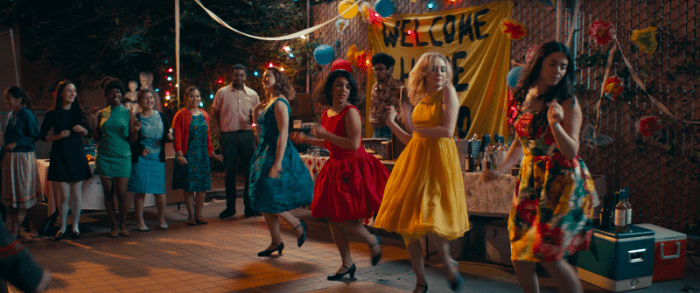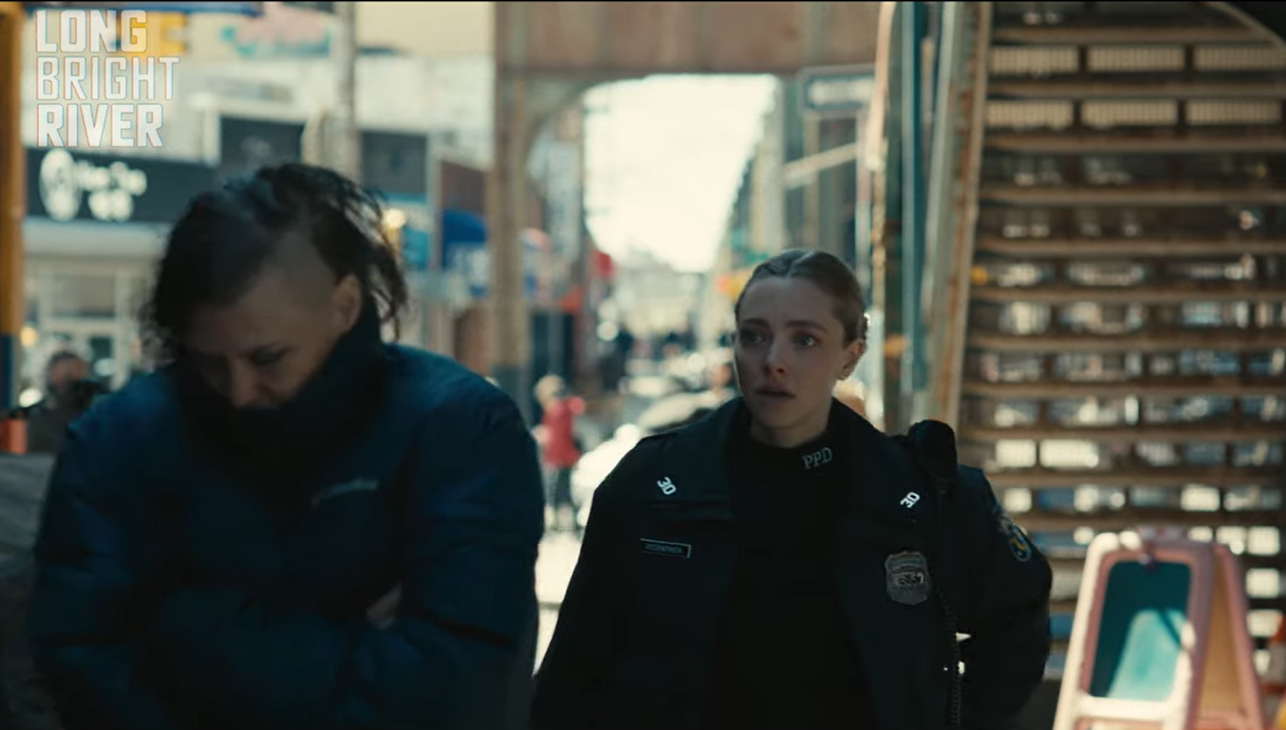
'Women is Losers': What would it be like to travel back in time to your mother's youth?
The new movie from Lissette Feliciano offers a feminist and Latino journey to the 60s to examine the machismo and misogyny of the time.
Ever thought about a return to the 60s through the lens of today's feminism?
That's what director Lissette Feliciano does in her film Women is Losers, which is airing at the SXSW Online festival until Sunday as a World Premiere. Produced in the U.S. and embracing the Latinx side of its characters as well as introducing into the misogyny of the times, it is also an homage to Janis Joplin's song of the same name.
The main story follows a young Catholic college girl in 1960s San Francisco, with a veteran boyfriend, who must face male oppression to carve out a future for herself and her son to set a precedent for future generations.
The role of the protagonist, Celina, is played by Chilean actress and model Lorenza Izzo, known for her role in horror films by Eli Roth, to whom she is married, and most recently for her role as Leonardo DiCaprio's wife in Tarantino's latest film, Once Upon a Time in Hollywood.
In the film, she must juggle studies with a pregnancy while losing one of her best friends. She is also marked by the oppressive atmosphere at home that she cannot leave and by an environment marked by hard work.

The biggest twist in the film, that may or may not work narratively for some, is that the actors break the fourth wall to explain to the viewer about issues like misogyny, intersectionality, sexism, abortion rights, or racism.
RELATED CONTENT
As Kiko Martínez explained in an interview with Feliciano for Remezcla, the film is partially the result of a conversation the director had with her mother. How much did mothers and grandmothers stop speaking about their terrors so as not to perpetuate fear?
<<How much did mothers and grandmothers stop speaking about their terrors so as not to perpetuate fear?>>
It's more than we imagined. Not only were many things not legal for them, but private and domestic terror was even more invisible. To talk about reproductive rights was to seek serious patriarchal conflicts. Beatings unfortunately happened daily.
When speaking about her artistic need to go back to all that, to dig and uncover the terrors that were still left in the ink, Feliciano explains: "I think our mothers protect us by not telling us certain things, but sometimes, by protecting us, they blind us."
She doesn't call it toxic masculinity because the term is already capitalized on, but the result on screen is the same — sad cruel men lecturing about lives that are not their own.
She goes on to define her project: "the film asks audiences to examine their own role in perpetuating the status quo. What would the world look like if we embraced women’s stories without somehow taking away from the men? Wouldn’t that be a cool world? I think we’re getting there."











LEAVE A COMMENT: